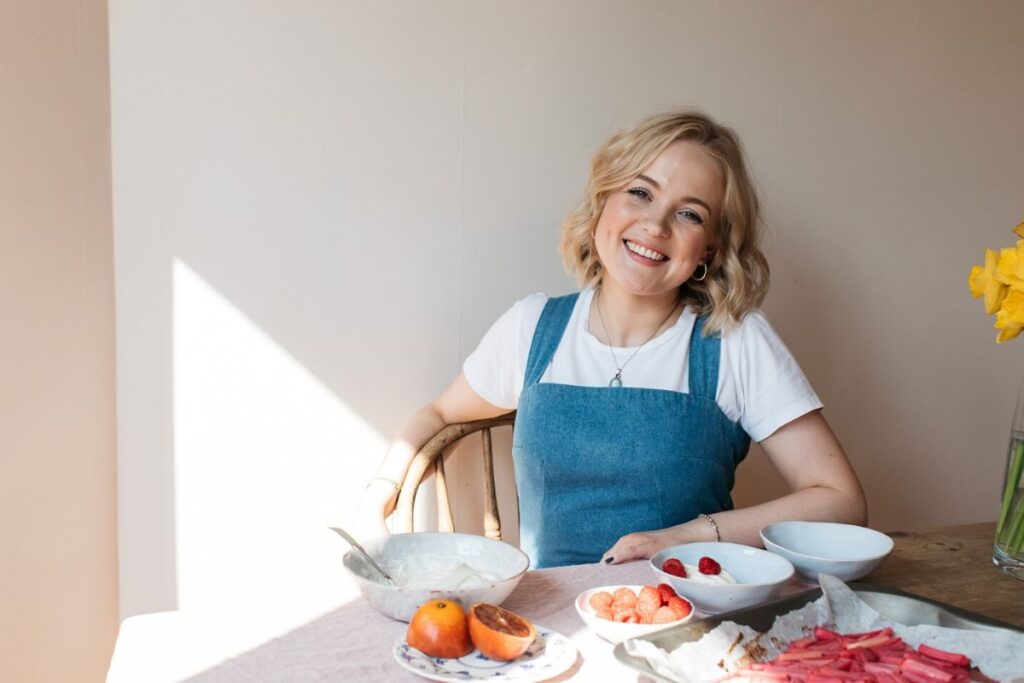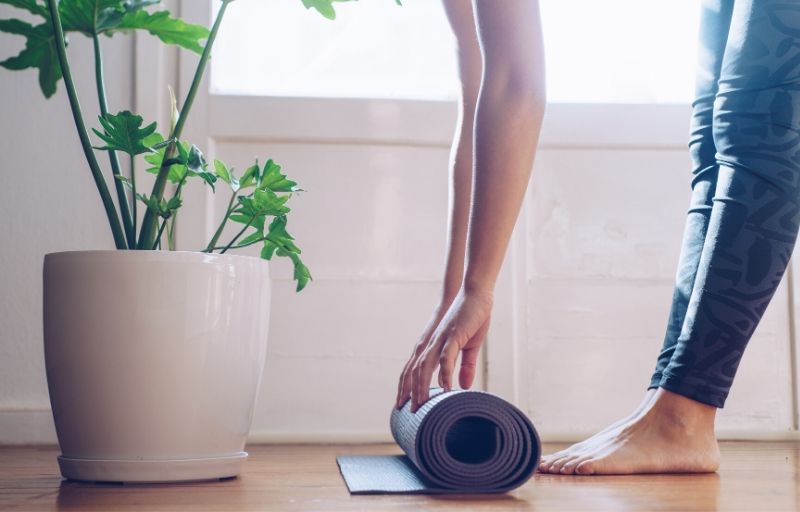What I wish I’d known about IBS
My name is Emma and I’ve suffered from irritable bowel syndrome (IBS) for as long as I can remember. IBS is exactly what it says on the tin: my bowel is easily irritated. Charming, huh?

Like many others, I don’t know why or how it became irritated – perhaps the result of being an anxious child or taking a strong course of antibiotics as a teen (glandular fever). Genetics may have played a part, or my colon might have just decided to become hypersensitive. Bad colon. I don’t know if I’ll ever really know; but what I do know, is that it’s a complex condition and one that I’m likely to live with for a very long time.
Research suggests that IBS affects up to one in five people in the UK at some stage of their life. It is twice as common in women, and usually first develops when a person is between 20 and 30 years of age. It’s a diagnosis that’s often brushed over, given to you once more serious conditions are ruled out. “We’re pleased to confirm it’s not x, y or z, you just have IBS”.
But readers, as you may well know, it isn’t “just IBS”. It’s, can-have-a-hugely-negative-impact-on-your-life-IBS. It’s isolating-, embarrassing-, and needs-a-surprising-amount-of-management-IBS. It’s feeling jealous that your friends can wear anything they like without the fear they’ll double in size throughout the day. It’s feeling guilt and shame that you feel jealous when there are awful things happening in the world.
It’s not just IBS, it’s exhausting-IBS, both mentally and physically. Your body takes on a lot and so too, do your emotions – the two are so heavily intertwined and recent research has even identified a communication superhighway between them, known as the gut-brain-axis.
Understanding and conquering your IBS can feel like a gargantuan task. It’s taken me a long time to get to the happy place that I am in today and even then I still feel like I’ve got work to do.
There is so much I wish I’d known when I was diagnosed 13 years ago, from basic everyday actions I could implement, to awareness of the more complex treatment options available. Here are my top five things that I wish I’d known much earlier (and that I’m very happy I know now!).

1. Being clued up really helps
Seek out those who care and who are sharing reliable, factual information. Do as much research as you can on gut health and IBS and arm yourself with the tools to succeed. Only recently have I learnt that gut-directed hypnotherapy and cognitive behavioural therapy (CBT) can be options for significantly improving IBS symptoms – I’d never even known the former existed.
2. Food and symptom diaries are incredibly useful tools
If you’re seeking support from your GP or a dietitian (definitely do if you’re having symptoms!) it’s highly likely that they’ll ask you to start one. Having a couple of weeks or even months recorded already will give you a jump start and it encourages you to start thinking about your body and how exactly you’re feeling too.
3. Sleep is very important
Prioritising sleep is crucial for all aspects of our health and most of us don’t (she says, writing this article at midnight). Research has shown that those of us with IBS can experience worse symptoms the day after a bad night’s kip (*raises hand*) and we should be aiming for at least 7-8 hours shut-eye per night.
4. Gentle exercise and yoga are more powerful than you think
Recent research has shown that yoga can be as effective as the low FODMAP diet for people with IBS. Effectively a relaxing massage for the body, a 2017 study also showed that yoga improved levels of anxiety, body awareness, and body responsiveness. Sun salutations, quick!
5. IBS is best tackled from many different angles
Discovering the low FODMAP diet six years after my diagnosis (the diet more recently prescribed by NHS to treat IBS) allowed me to regain so much control. I suddenly had an understanding of why I felt so awful when I ate certain foods and a tangible action plan to follow that was helping, fast. Stress, sleep and exercise continue to have a huge part to play in managing my symptoms however, and I’m all about a 360 degree, multi-pronged, holistic approach.
It’s important to remember that everybody is different and it’s not one size fits all (though I know at times we might wish it was). Throughout your gut health voyage, there will be stormy days, calm days and every other type of day in between.
From one captain (?) to another, go easy on yourself, and remember, your quality of life matters. So prioritise it! And I’m rooting for you every step of the way.
Emma Hatcher is a Leiths-trained cook, author and writer, determined to show those with food intolerances and sensitive guts that they don’t have to feel restricted when it comes to what they eat. She creates gut-friendly recipes and content for brands and her debut cookbook, The FODMAP Friendly Kitchen, was published by Hodder & Stoughton in 2017. On her blog, shecanteatwhat.com, she shares simple, seasonal recipes every week, which she styles and photographs from her flat in South London. Find her on Instagram @shecanteatwhat
Header image credit: Emma Croman

Find a nutritionist dealing with Food allergy and food intolerance
All nutrition professionals are verified


